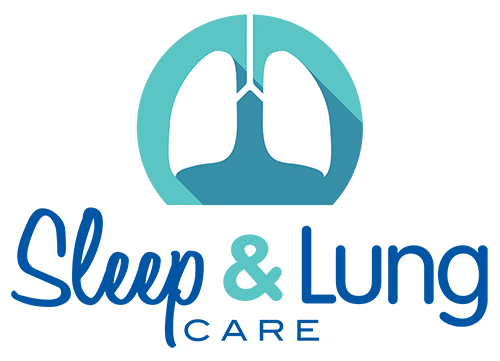What is insomnia?
Insomnia is said to be present when you regularly find it hard to fall asleep or stay asleep. It has several patterns.- Sleep initiation: going to sleep takes more than 30 minutes
- Sleep maintenance: being awake during the night (more than 30-45 minutes),
- Early termination: waking earlier than intended without being able to resume sleep
- A combination of the above difficulties
Insomnia is a common complaint
Over one-third of people experience insomnia from time to time, but only around five per cent need treatment for the condition. Short-term insomnia is typically caused by such things as stressful life events, jet lag, changes in sleeping environments, some acute medical illnesses and stimulant medications. Normal sleeping habits return once the acute event is over. If a person has experienced sleeping difficulties for a month or more, this is called persistent or chronic insomnia. There are many causes of persistent insomnia. These include:- Secondary insomnia – due to a range of medical and psychiatric problems and the chronic use of drugs and alcohol.
- Primary sleep disorders – include circadian rhythm disorders, central sleep apnoea-insomnia syndrome, inadequate sleep syndromes and periodic limb movement or restless legs syndromes.
- Idiopathic insomnia – sleeplessness without a known cause, formerly called childhood onset insomnia.
What causes insomnia?
Insomnia has many causes which can include:- Secondary insomnia
-
-
- Some medicines and drugs, e.g. asthma or blood pressure medication, caffeine, alcohol or smoking
- Chronic pain and other uncomfortable illnesses
- Stress at work or in your personal life
- Depression
- Anxiety and worrying, including worrying about not getting enough sleep
-
- Primary sleep disorders
-
- circadian rhythm disorders
- central sleep apnoea-insomnia syndrome
- inadequate sleep syndromes
- periodic limb movement or restless legs syndromes. Older people with poor health have a higher risk. Also, women have twice the rates compared to men.
Who is at risk?
Sometimes there is no clear cause for insomnia, in which case it is called primary insomnia.How is it treated?
This depends on what is causing insomnia. The first step of treatment is to ensure good sleep hygiene. Once this is achieved but you are still having problems then you may need more specialist help. Sometimes sleep specialists will suggest a sleep study to be sure they understand what may be causing the poor sleep and also check for sleep apnoea.What about sleeping pills?
If you only take them occasionally, sleeping pills can get you a good night’s sleep. However, if you take them often, you will get used to them and they will stop working as effectively. Also, they can be habit-forming and it can then become difficult to stop taking them. Sleeping pills have to be used under the direction of a qualified physician.CONTACT US TODAY
If you have any questions or would like to make an appointment to discuss your Sleep or Lung related problem, please fill out the form and submit.
